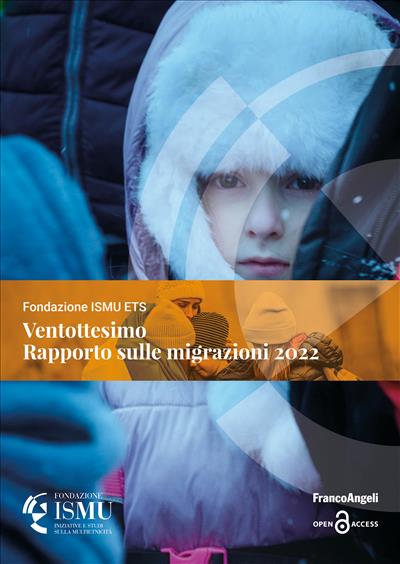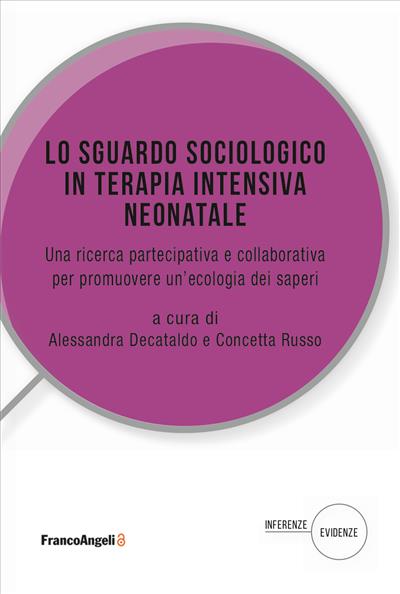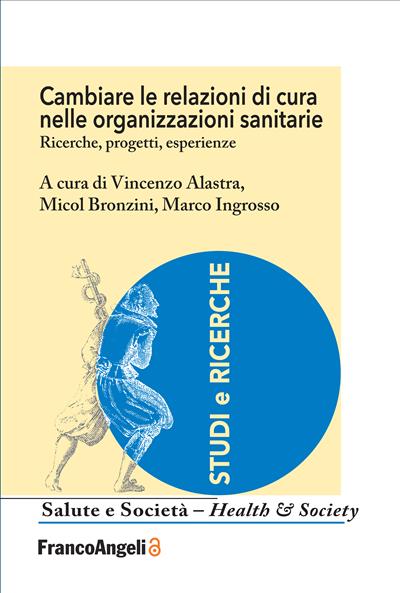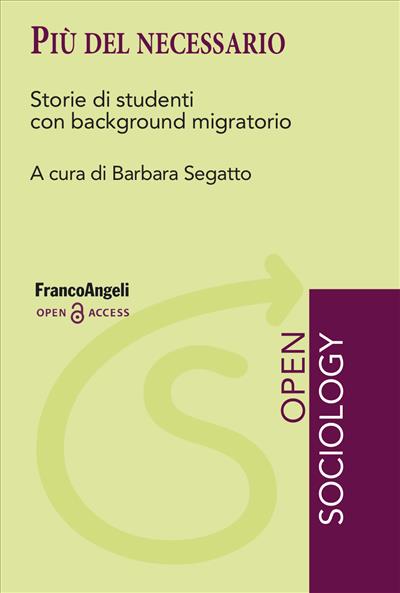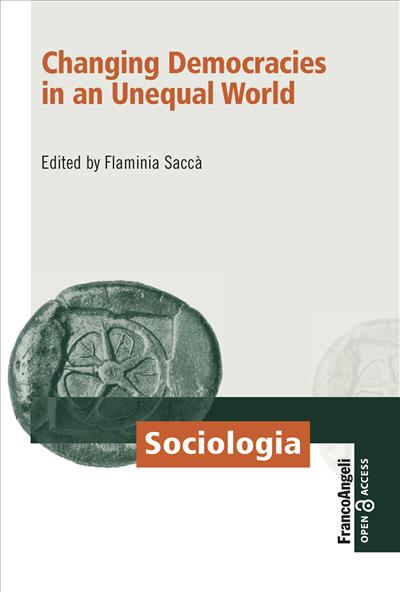
A cura di: Flaminia Saccà
Changing Democracies in an Unequal World
The Covid 19 pandemic has fueled an international debate on whether the world will be different, more equal, or if it will stay the same after this crisis. The pandemic has hit a world where inequalities where already high under every respect: economic, social, political, geographical and of course also from a gender perspective. A globalized world of economic and political superpowers where nation-state politics as well as civic communities were trying to reorganize themselves in order to find their voice. Today, we wonder how the pandemic will affect these inequalities and the fiber of democracy itself.
Open Access
0,00
Open Access
0,00
Pagine: 206
ISBN: 9788835122371
Edizione:1a edizione 2020
Codice editore: 11520.10
